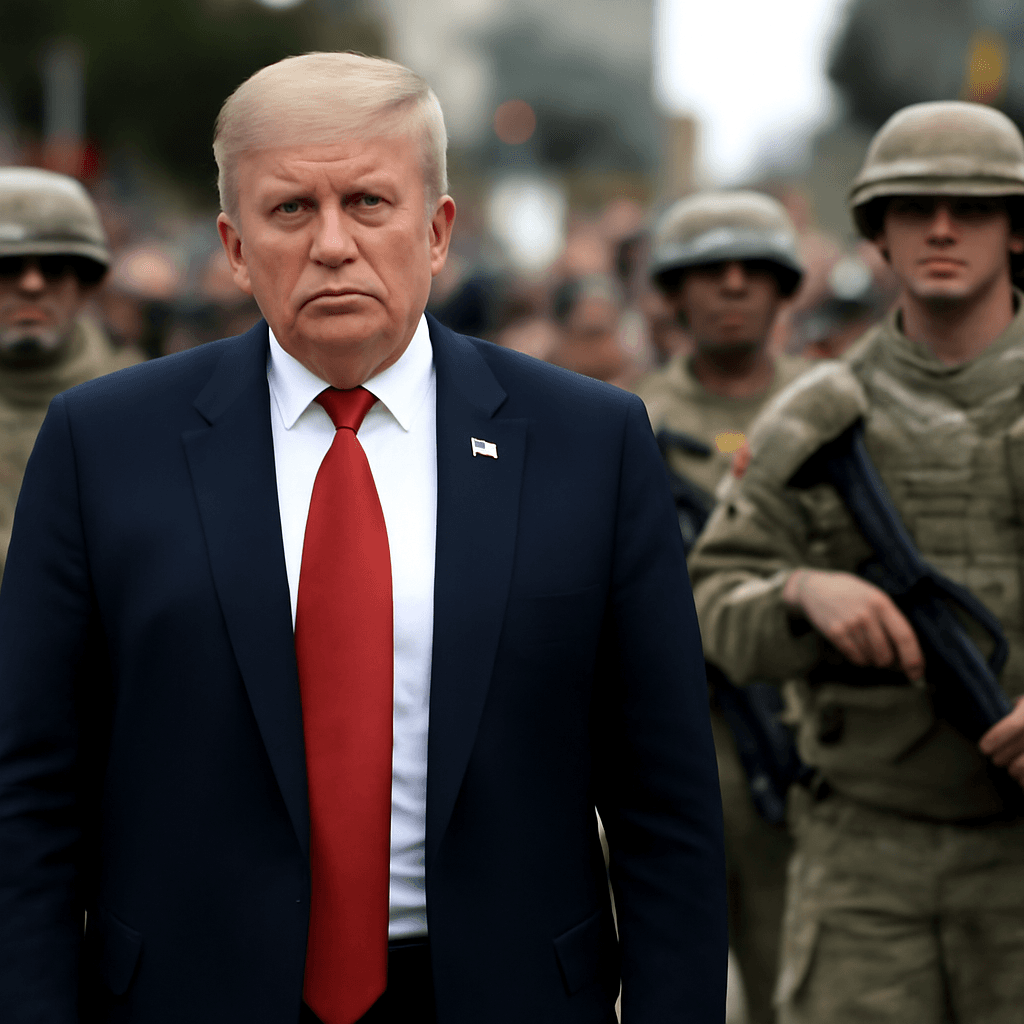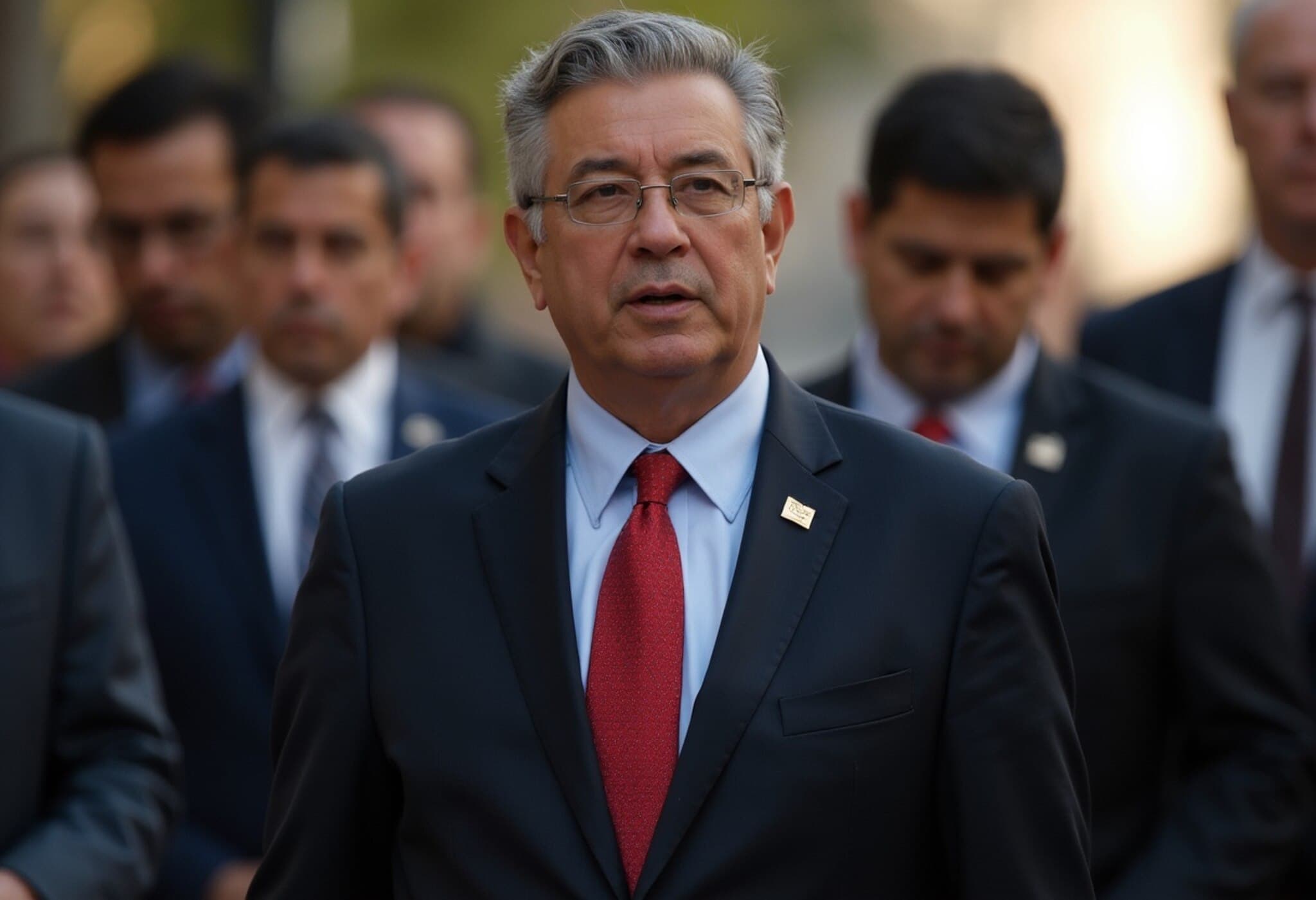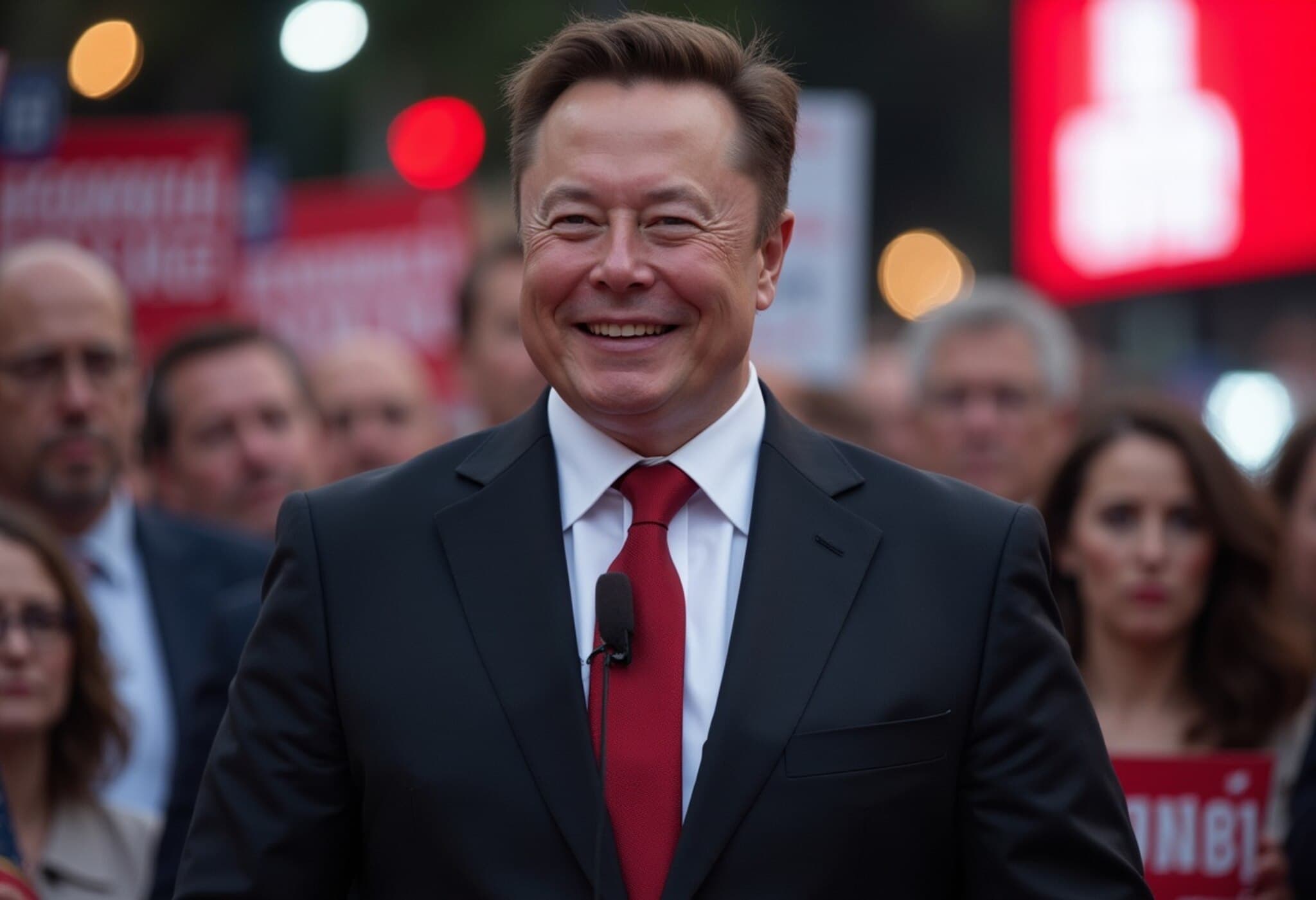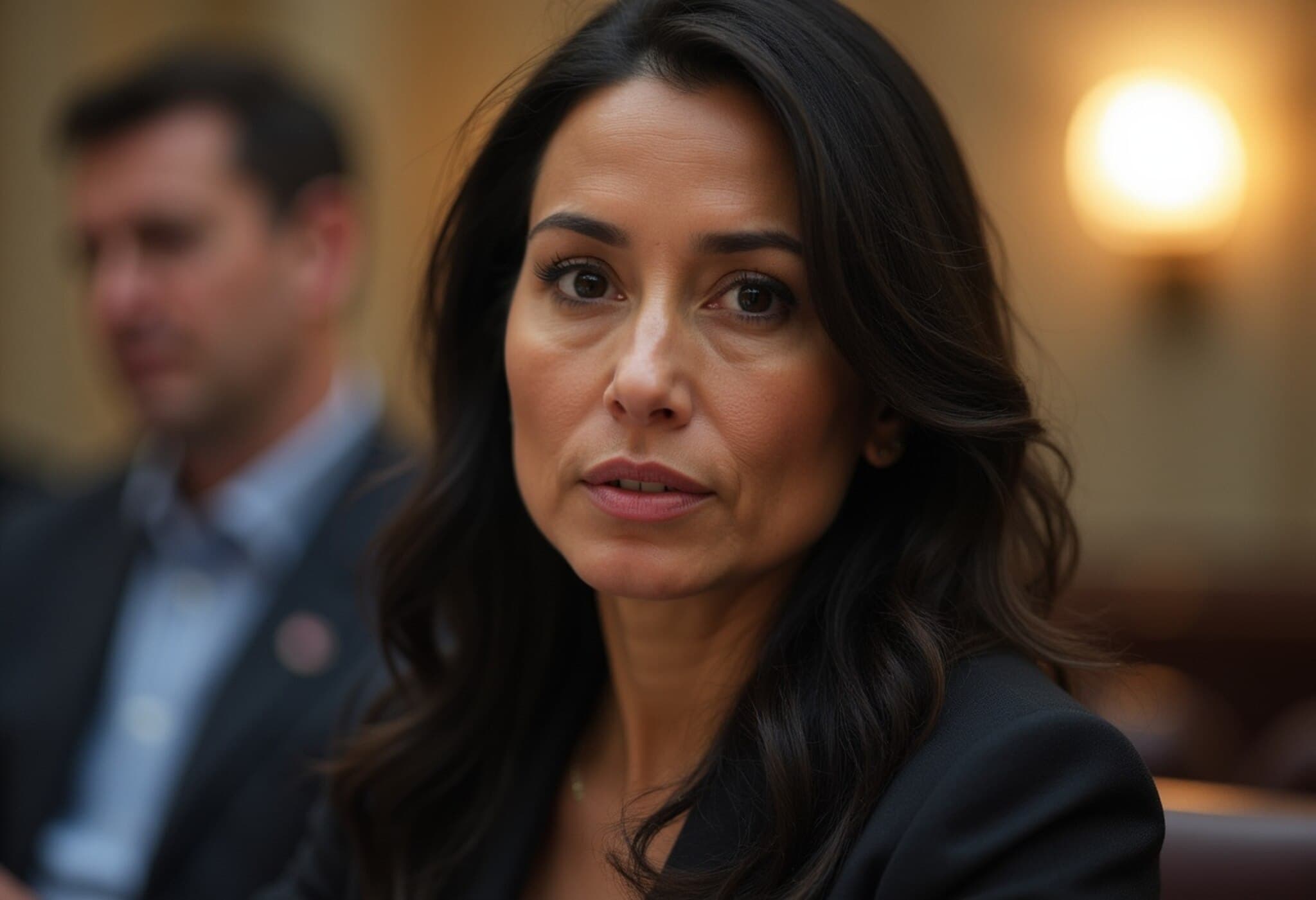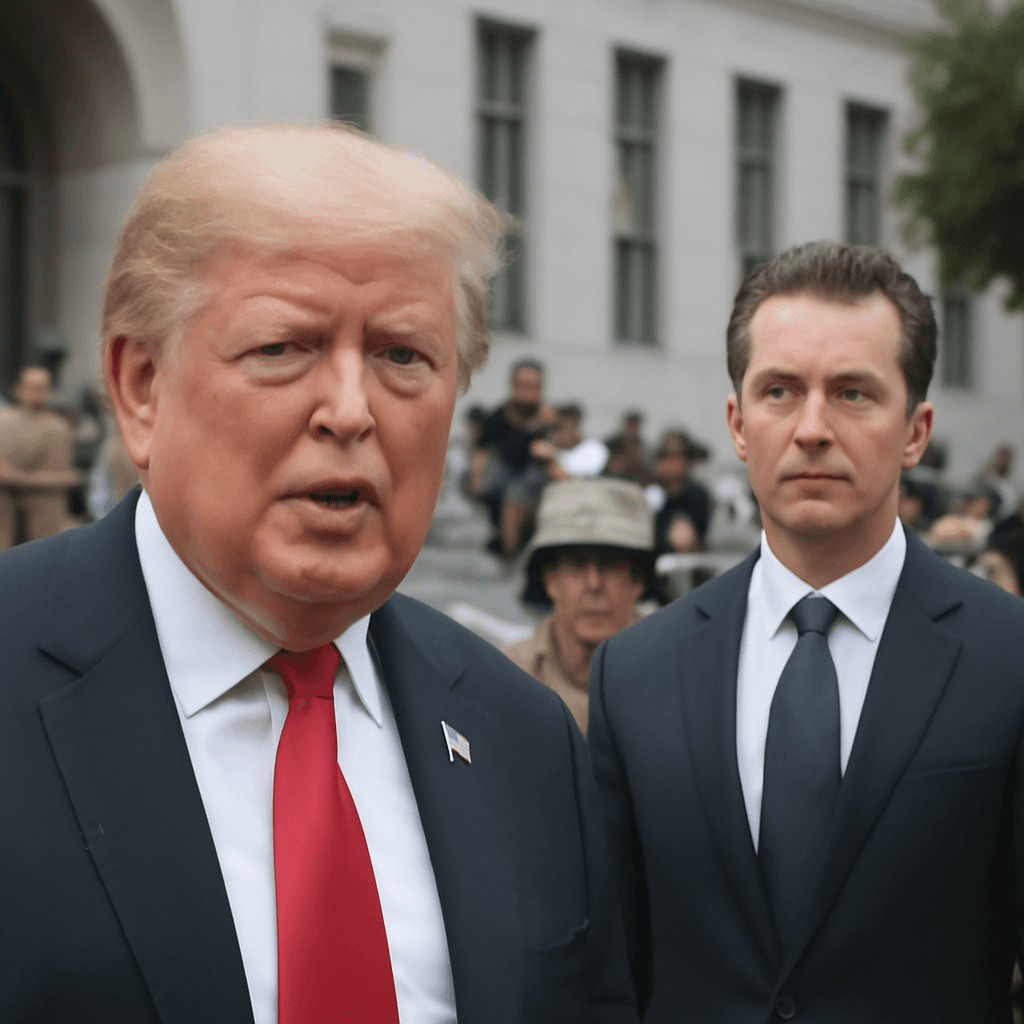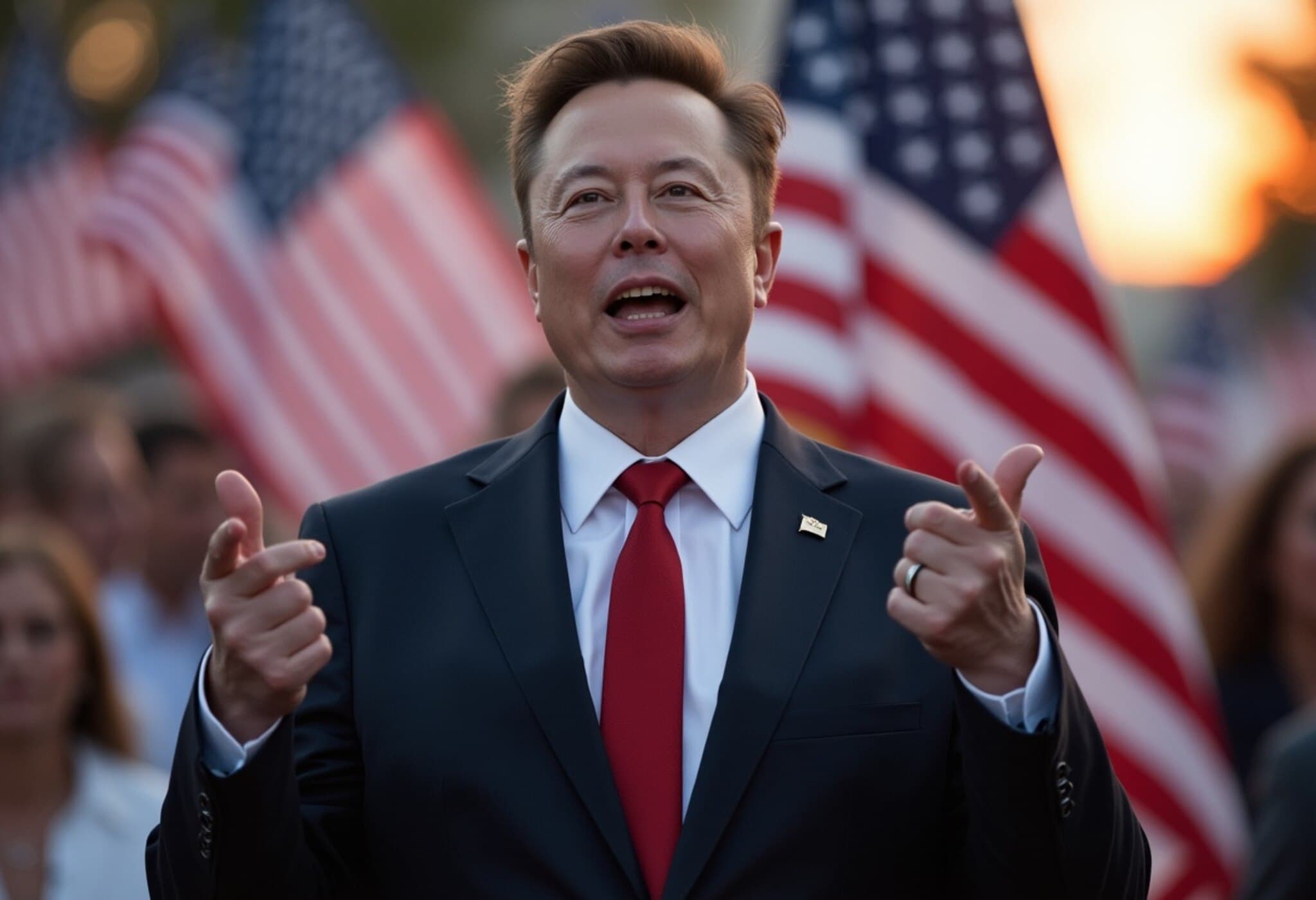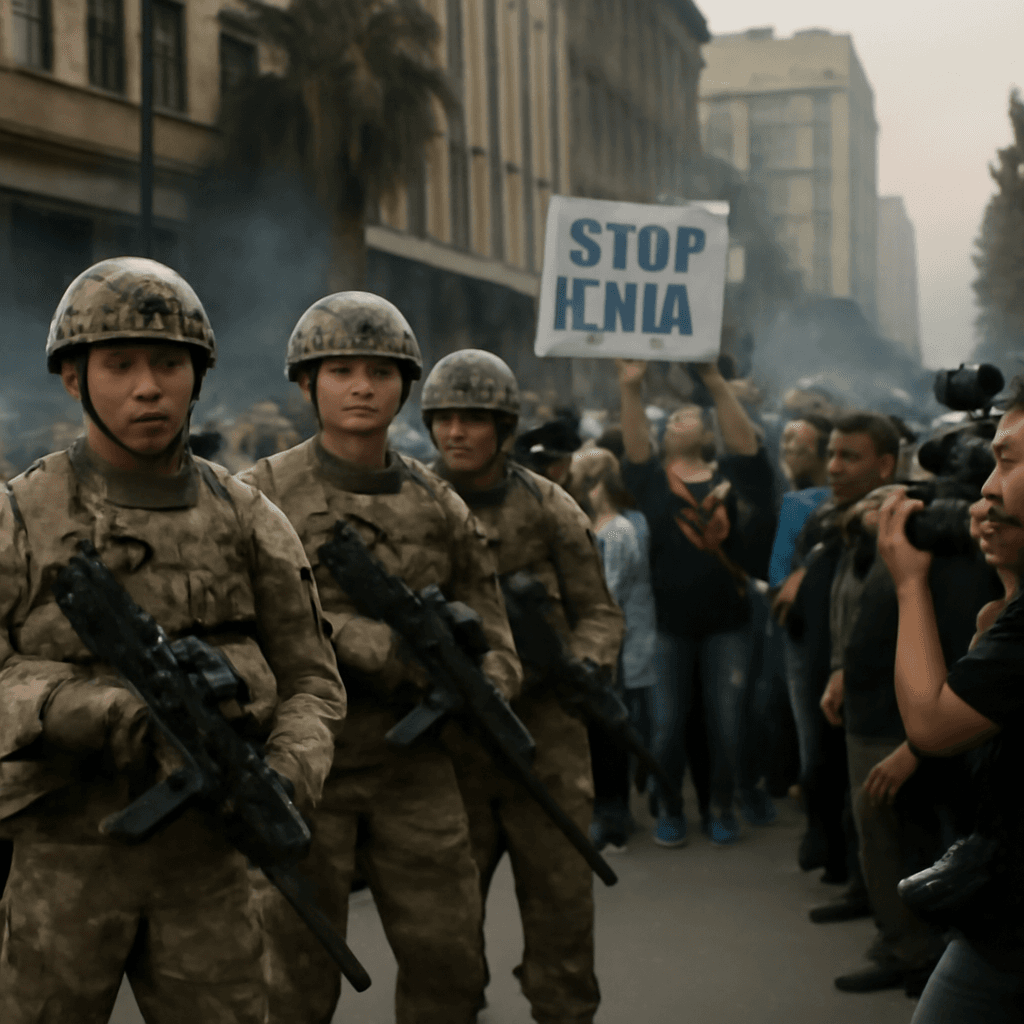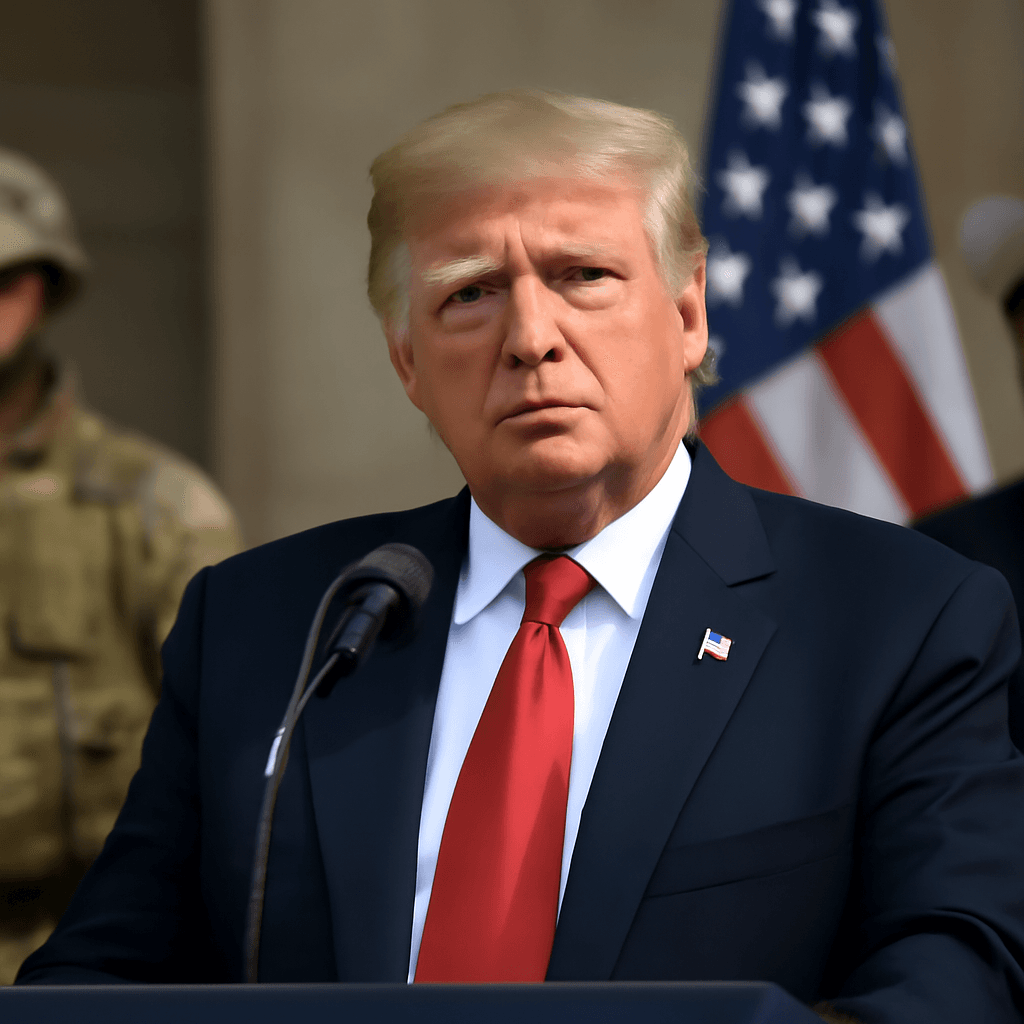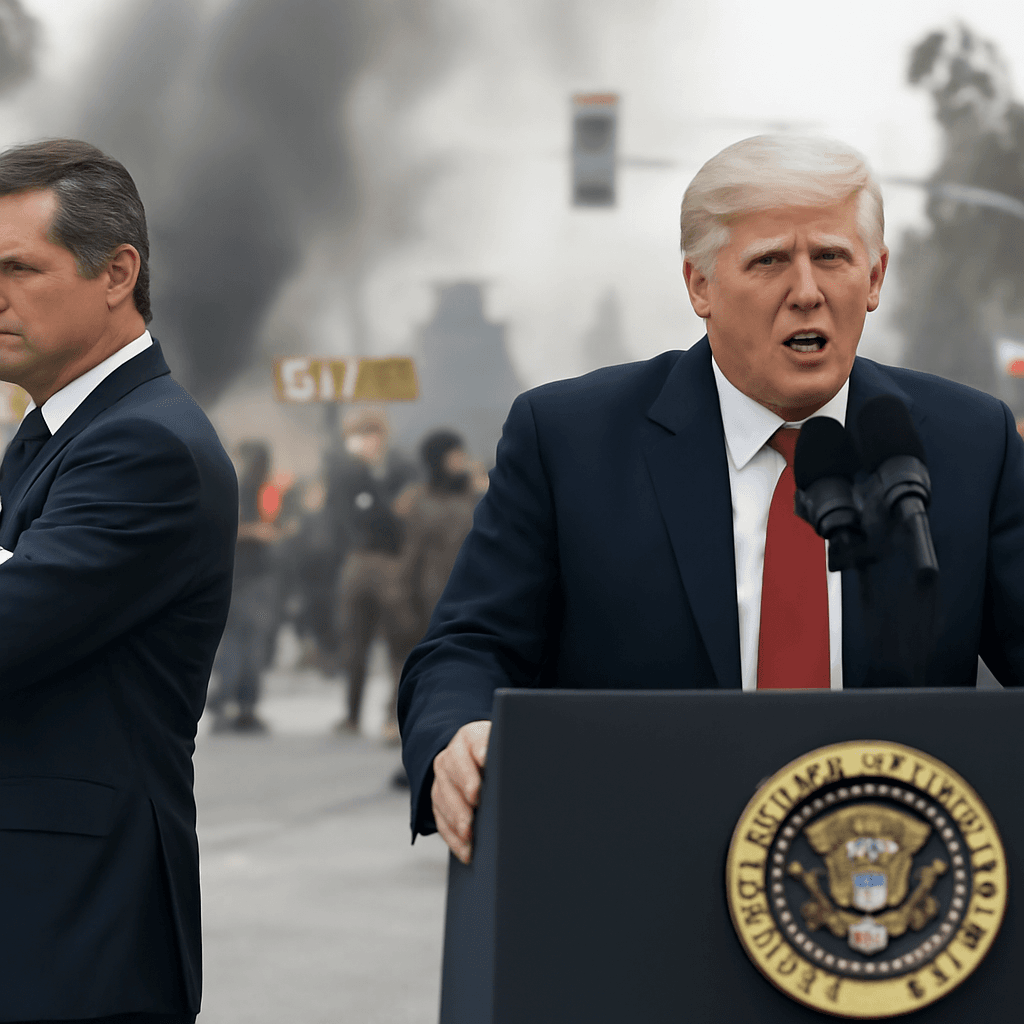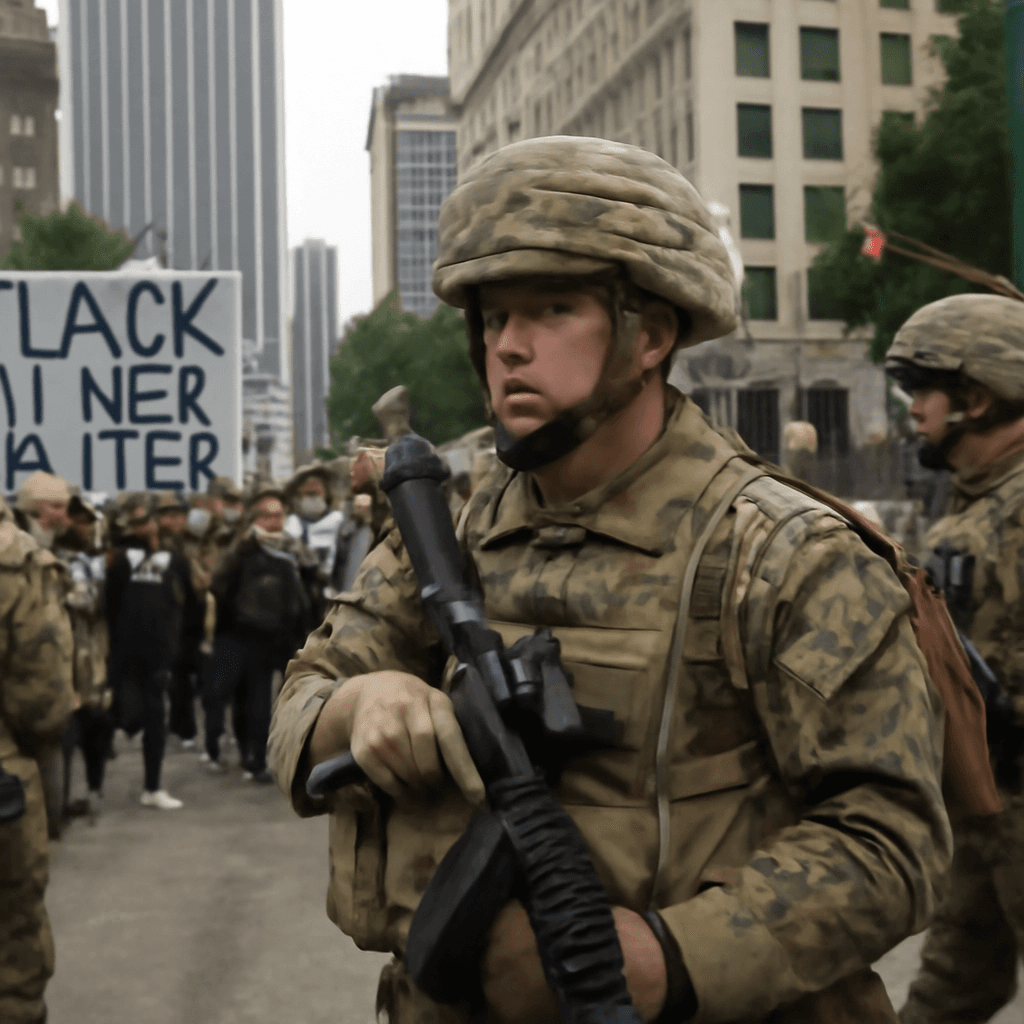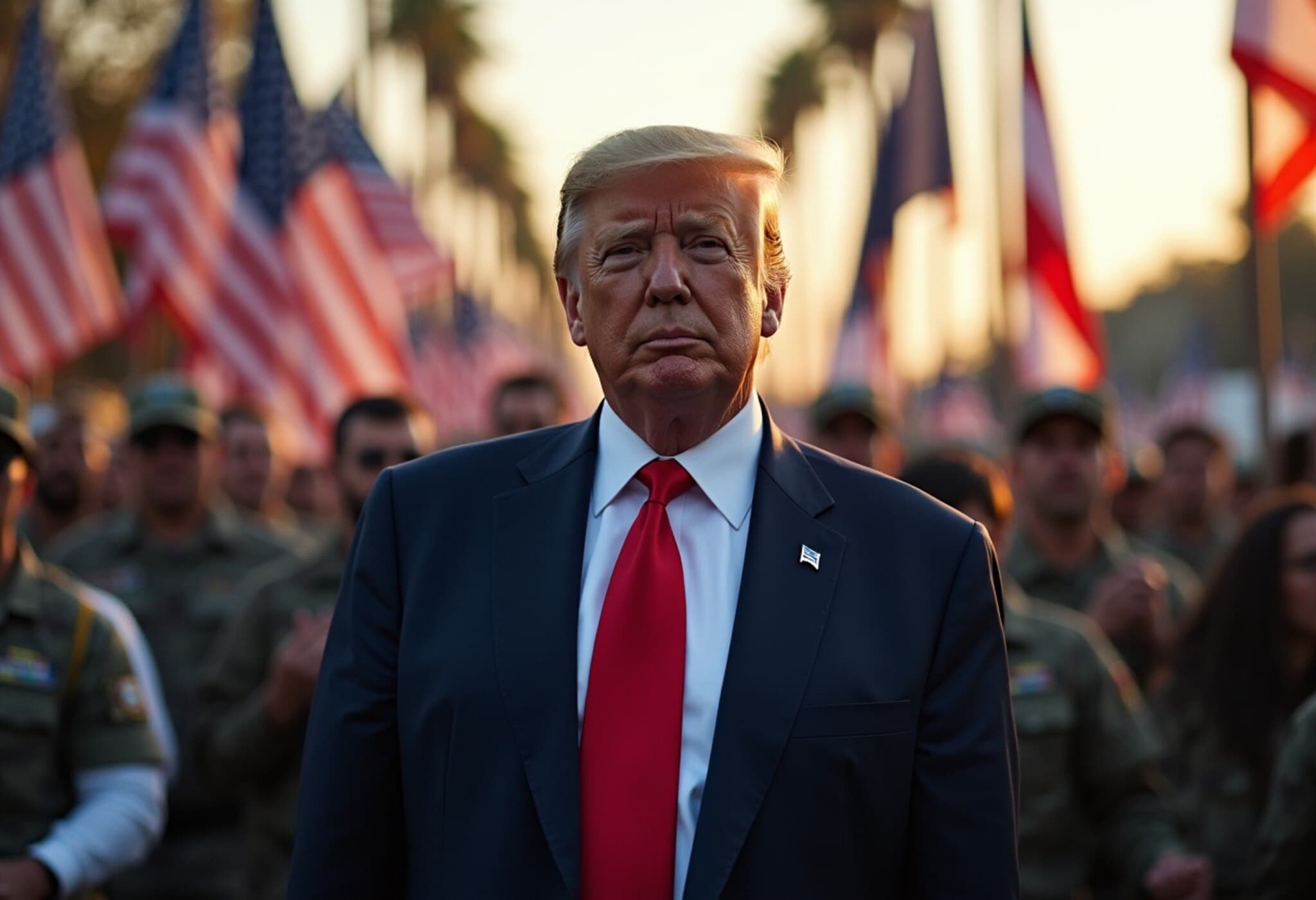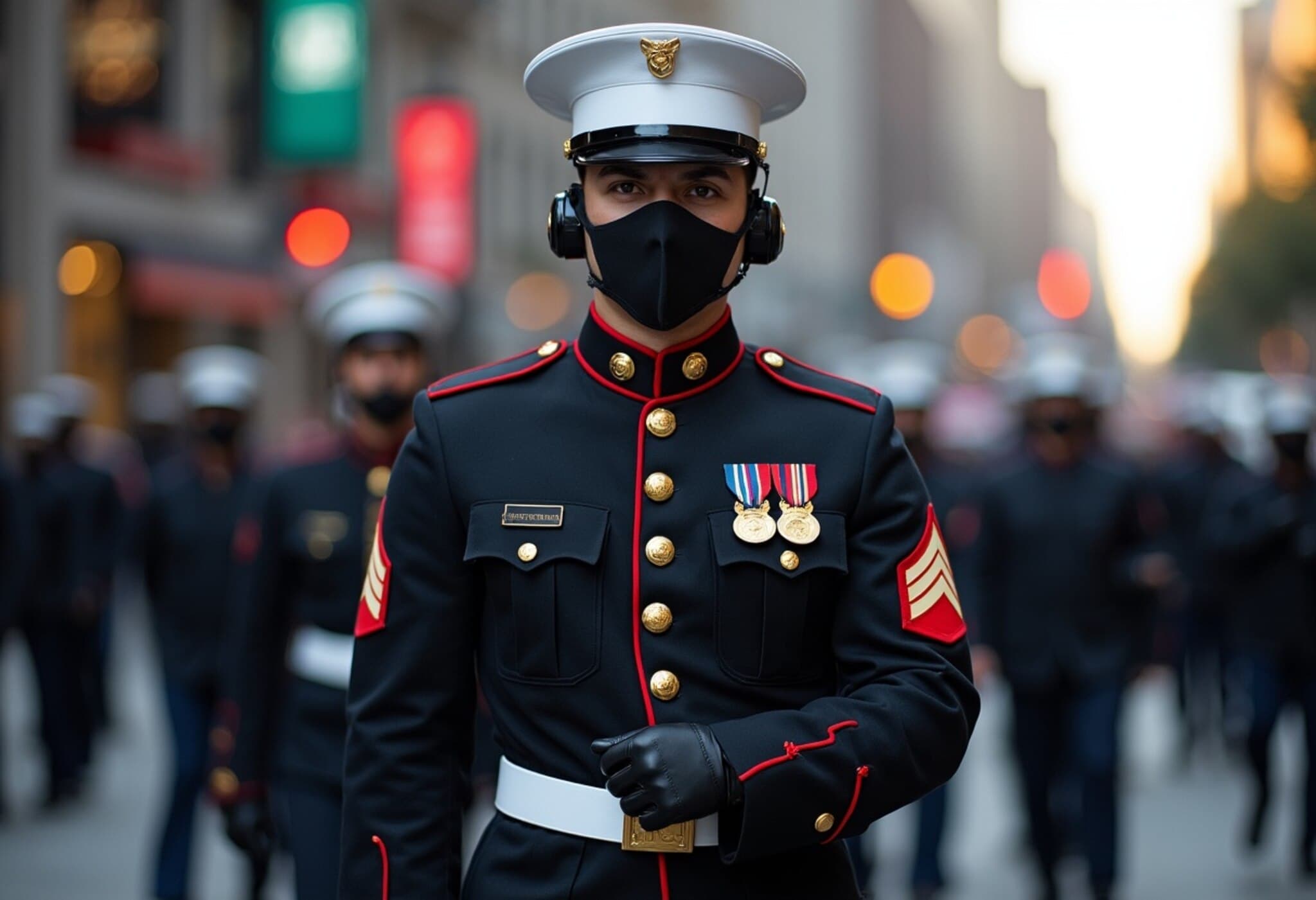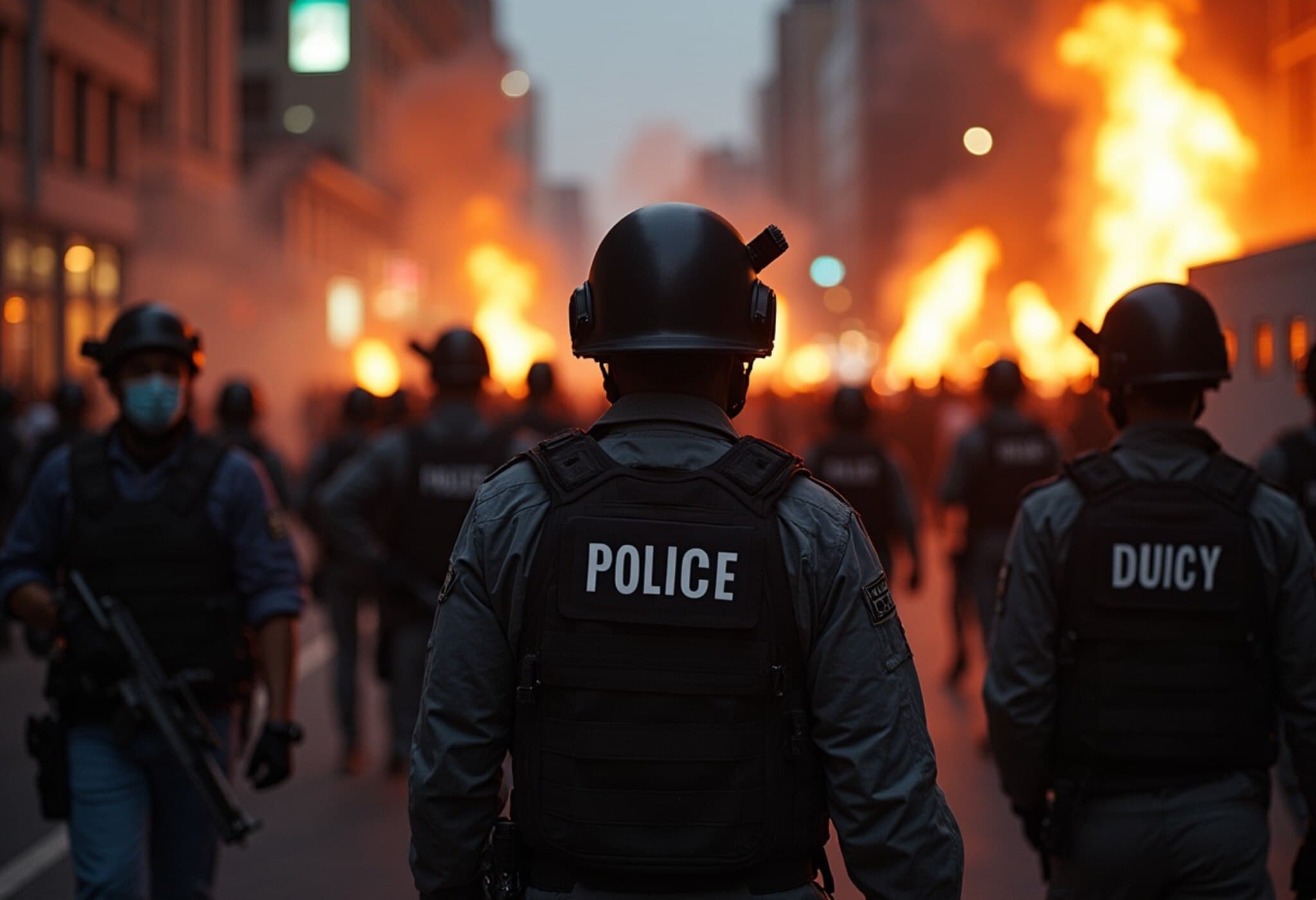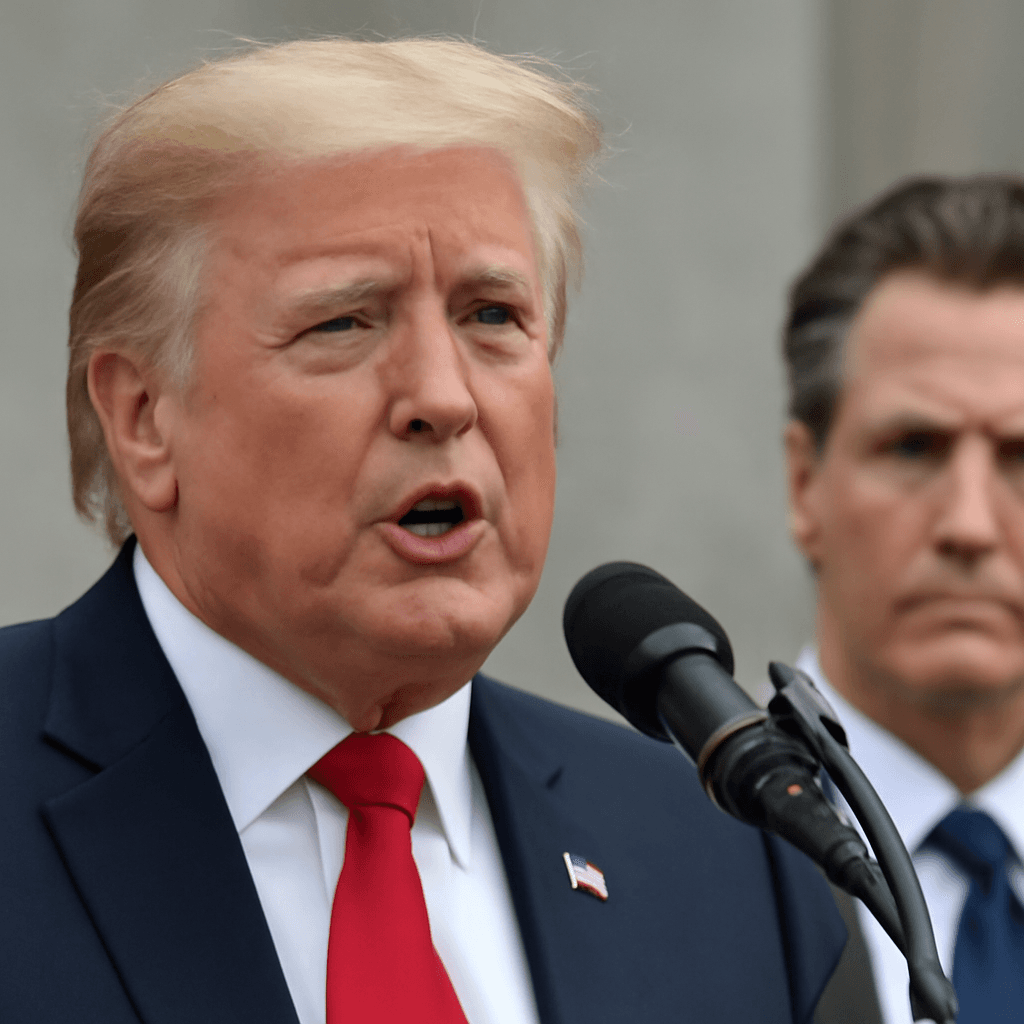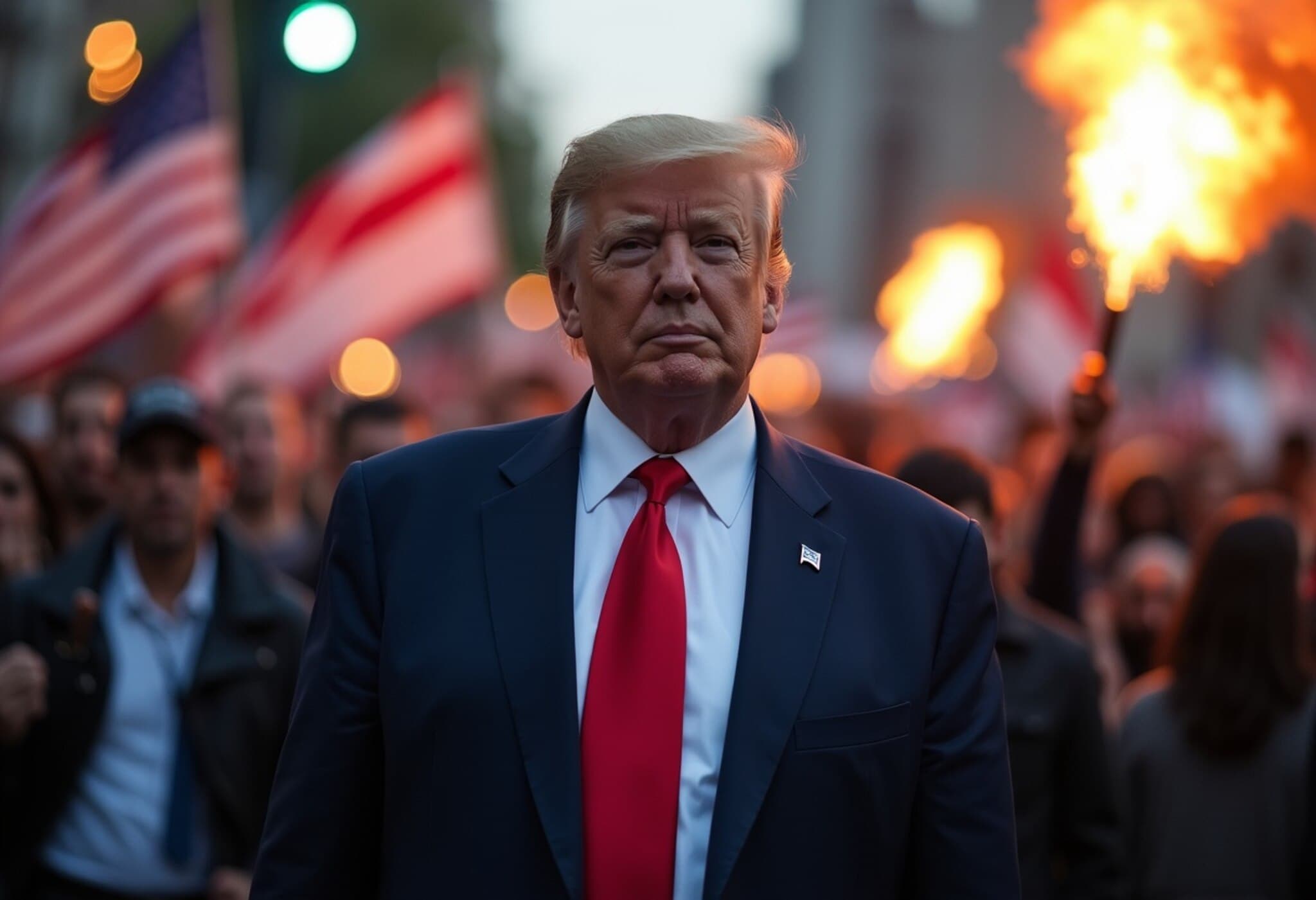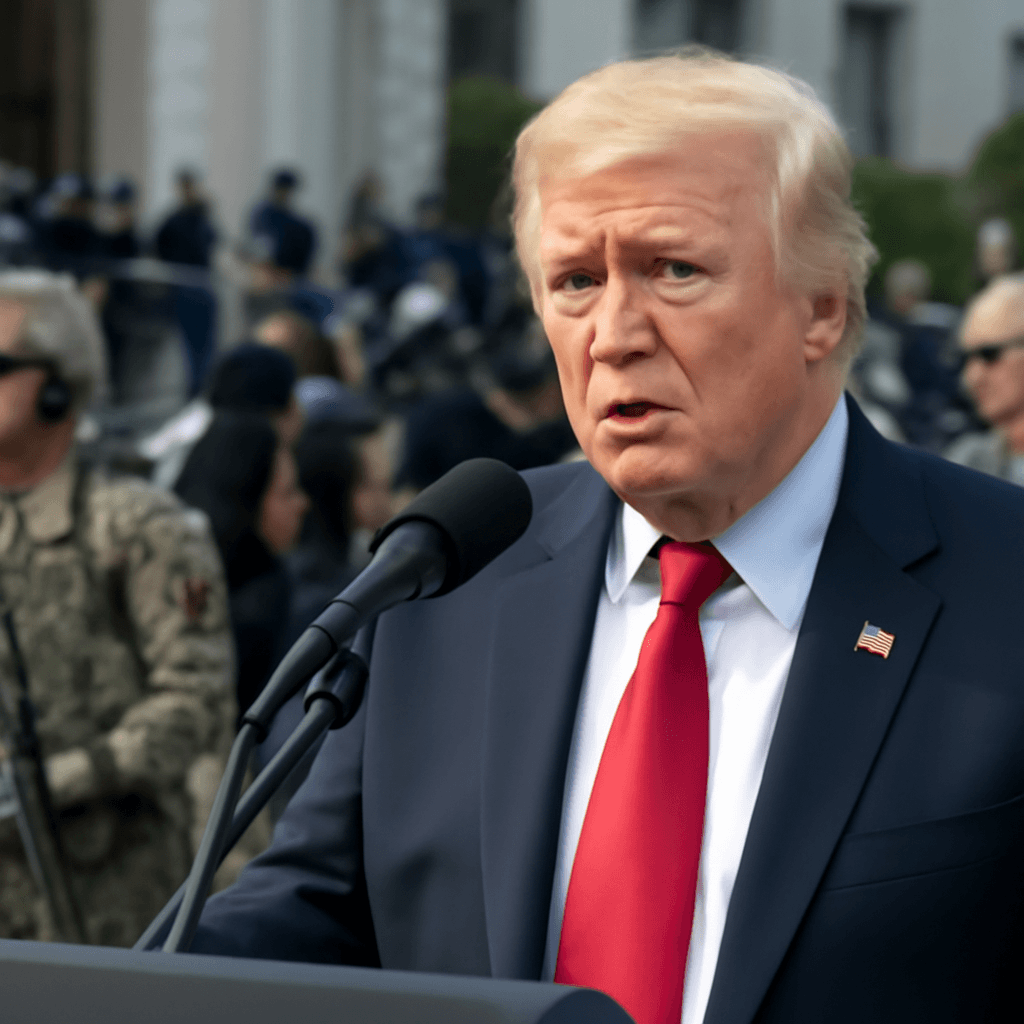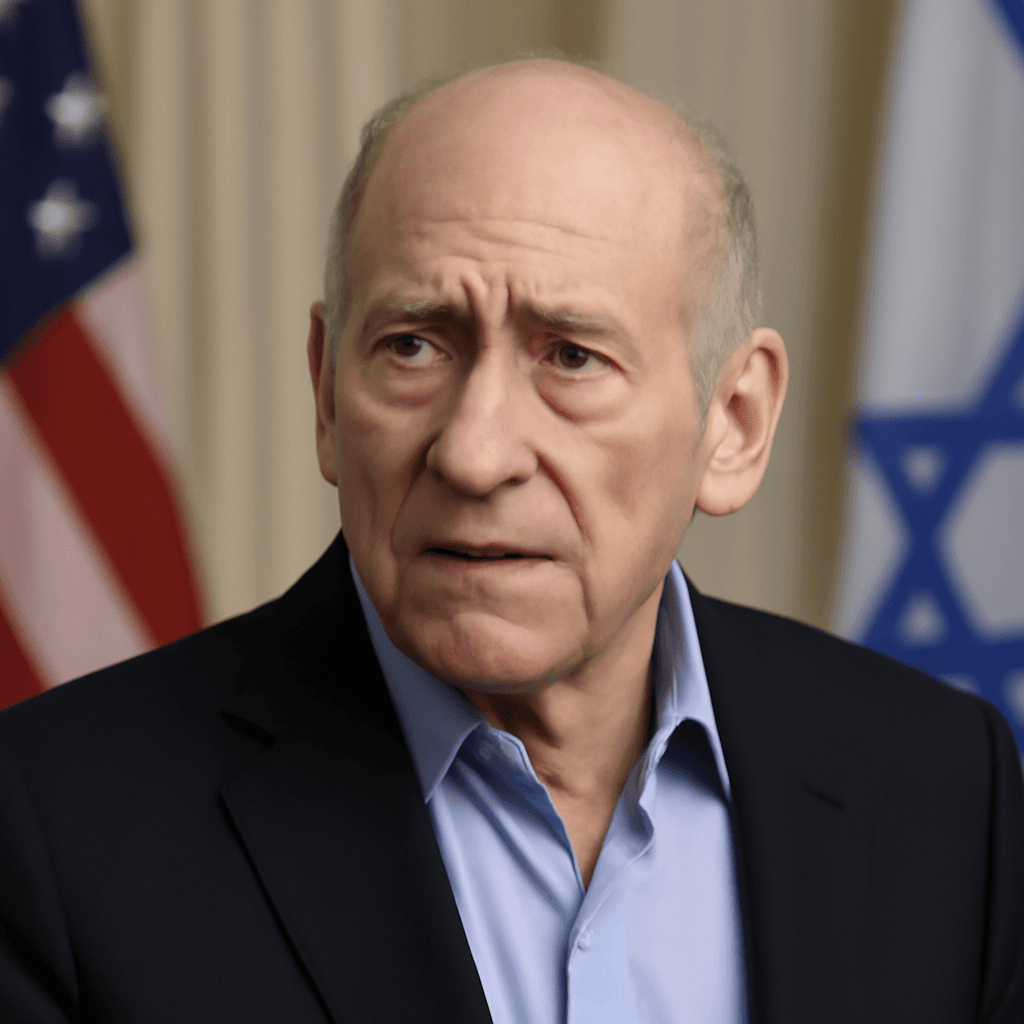Trump’s Strongman Tactics Take Center Stage in Los Angeles
In a move that has stirred both support and controversy, President Donald Trump authorized the deployment of troops to Los Angeles as protests erupted following immigration raids. This marked a bold assertion of federal authority, with Trump dispatching National Guard forces and 700 active-duty Marines to the city—actions not seen since 1965 when a president sent troops into a state without a governor's request.
Escalation Amidst Tense Protests
The unrest ignited after immigration enforcement operations, prompting violent clashes and widespread demonstrations. Trump’s decision reflects his determination to tackle immigration on his own terms, setting the stage for a political showdown with California’s Democratic Governor Gavin Newsom, whom he has openly challenged.
Newsom denounced the deployment as "dictatorial" and accused the president of manufacturing a crisis for political advantage. Meanwhile, Democratic Senator Alex Padilla condemned the move as indicative of "authoritarian" government behavior, while civil liberties advocates criticized it as an abuse of power.
A Calculated Display of Strength
Though Trump publicly stated he does not want a "civil war," many see his response as a calculated effort to project toughness to his core supporters. Known for embracing a strongman image, he has previously praised authoritarian leaders and often rallied voters by highlighting displays of force.
His upcoming 79th birthday celebrations will include a military parade in Washington, underscoring his affinity for bold, militaristic symbolism. Over the weekend, he also made appearances at high-profile events like a UFC fight, venues that dovetail with his appeal to a macho voter base.
Concerns Over Expanding Use of Military Power
Experts warn this escalation could mark a dangerous precedent. William Banks, a law professor, describes the move as "a slippery slope" that conflicts with America’s long-standing tradition of civilian-led law enforcement.
Political scientist Todd Belt notes Trump’s comfort with using force, especially since it resonates with his supporters who admire displays of strength. The president’s critics fear these actions go beyond performative politics, hinting at a broader push to leverage presidential power against what he perceives as liberal institutions nationwide.
Militarization of Domestic Affairs
The president’s rhetoric has grown increasingly confrontational, likening the unrest to an insurrection and casting migrants as an "invasion" threatening Western civilization. This framing has laid the groundwork for potential invocation of the Insurrection Act, allowing military enforcement within U.S. borders—a measure rarely deployed historically.
While Trump declined to confirm use of the Insurrection Act, his administration’s top migration advisor has unabashedly endorsed the idea of a "war" against migrant influxes. This language underscores escalating political tensions and the administration’s readiness to deploy extraordinary measures to suppress dissent.
Political Context and Future Implications
Trump’s approach amplifies a fierce rivalry with California’s political leadership, highlighting immigration as a polarizing focal point. With the 2028 presidential race in view, the confrontations serve to galvanize his supporters but raise alarms about the erosion of democratic norms and civil liberties.
As troops fortify Los Angeles streets and the nation watches closely, questions remain about how far presidential authority can or should extend in managing domestic unrest.

